Blogs and Free Resources
Here at PESI, our mission is to provide professionals like you with FREE practical and valuable tools, strategies,
and resources to assist with the great work you do. Find expert tips, helpful worksheets, demonstration videos, CE, news,
and more here. Happy learning!
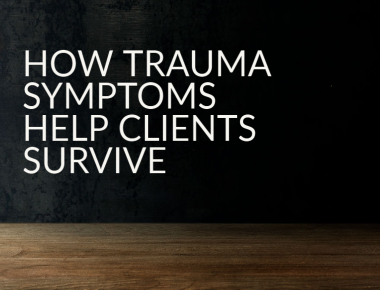
How Trauma Symptoms Help Clients Survive
Quick Tip from International Trauma Expert Plus Free CE
Many trauma survivors also struggle with issues such as depression, irritability, and numbness. Join Janina Fisher in understanding how these symptoms are not only related to trauma, but actually adaptive responses trauma survivors have used in order to survive.

What is Enough?
What does it mean to have “enough”? PESI author Joanne Spence explores the downward spiral of our ever-present desire to have more, do more, and be more – and how to come back to the present and to a place of gratitude.

How Post-Traumatic Symptoms Reflect Our Trauma History
When Our Nervous System Adapts to Threat in the Absence of Danger
Individuals who have been exposed to chronic and repeated trauma often have a nervous system still mobilized for danger, evoking trauma responses of fear, fight, or flight long after the threat has passed.

Desperate Efforts to Regulate a Traumatized Nervous System
Understanding the Vicious Circle of Addictive and Self-Destructive Behavior
Confused and frightened by intense feelings and physical responses—and tormented by their negative thoughts—many trauma survivors feel desperate for relief. Drugs, alcohol, self-harm, and many other compulsive behaviors provide brief periods of respite, but unfortunately, the relief is short-lived. As the body develops tolerance for these addictive or self-destructive impulses, they eventually become worse than the trauma symptoms themselves.

Help Clients Overcome Resistance to Forgiveness so They can Heal after Trauma
Linda Curran, BCPC, LPC, CACD, CCDPD, provides a simple 5-stages model to debunk forgiveness myths and help your clients start their healing journey.
There can be a lot of initial resistance to forgiveness after trauma because of these common false beliefs about what forgiveness means. Help clients move past these myths so they forgive and heal.
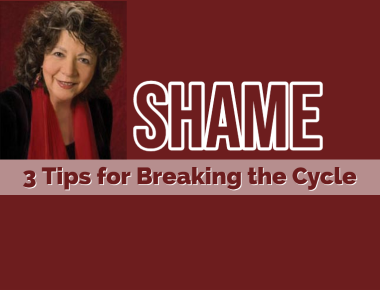
Shame: 3 Tips for Breaking the Cycle
Dr. Janina Fisher shares 3 interventions drawn from neurobiologically-oriented therapies. (She'll also show you when it's ok to break the 11th commandment.)
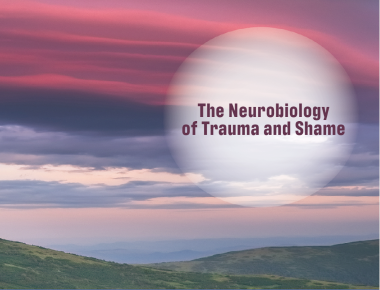
The Neurobiology of Trauma and Shame
Uncovering Shame-Based Beliefs
It can be challenging to bring unconscious shame-based beliefs to the surface, but with the right tools, you can help clients excavate the parts of themselves that have been hidden under their core shame identity.
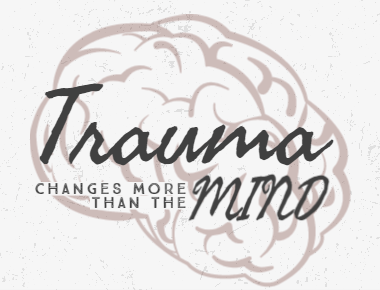
Trauma changes more than the mind
Leslie Korn, PhD, MPH, LMHC, reveals how mental health conditions contribute to memory loss, dementia and diabetes
Discover why combining your mental health knowledge with the latest research in integrative approaches and nutrition can build rapport with clients and enhance clinical outcomes help.

Rage in America
Dr. Jeff Peterson reveals why therapists need to know how to manage anger
As a society, we have a collective problem with anger. And it’s getting worse by the day. But how do you begin to treat anger problems so clients can communicate peacefully and effectively? Watch this video to discover the roots of this core emotion so you can start angry clients down the path to healing.
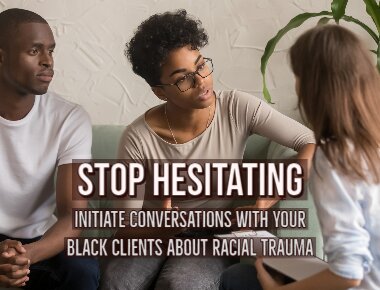
Stop Hesitating
A quick, highly directive guide to initiating conversations with your Black clients about George Floyd, Breonna Taylor, Tony McDade, other lives lost, Minnesota, Louisville, and racial trauma
Are you a white therapist who’s not sure how to start the conversation about racial trauma with your Black clients? Are you unsure of how to hold space for what they’re feeling? Then check out Elizabeth McCorvey’s one-page guide to opening up dialogue with your clients.



